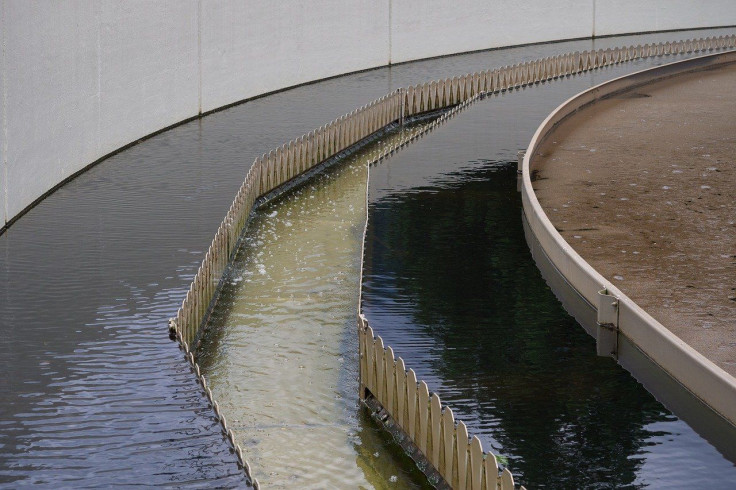Virus In Wastewater: COVID-19 UK Variant Widespread In Houston Treatment Plants
KEY POINTS
- The U.K. variant was detected in most of Houston's wastewater treatment plants
- It suggests 'uncontrolled' spread of the variant in the city
- Authorities are also testing wastewater for other COVID-19 variants
Houston authorities have detected a more contagious COVID-19 variant in most of the city's wastewater plants.
The B.1.1.7 (U.K.) variant of SARS-CoV-2 was detected in 31 of 39 of the city's wastewater treatment plants, the Houston Health Department announced Monday in a news release. The samples were collected on Feb. 22 and 19% of them detected the presence of the U.K. variant.
This is a significant increase compared to the results of an earlier test, conducted on Feb. 8, which detected the variant in 21 water treatment plants.
This suggests there is an "uncontrolled" spread of the variant in the community. People with COVID-19 shed the virus in their bodily fluids "regardless of their symptoms." Authorities have been testing wastewater since early 2020 as a means to determine outbreaks, the news release explained.
"I am concerned about this new data on the U.K. strain of the virus in Houston, especially at a time when the State of Texas is easing mandates on measures proven to reduce transmission and ultimately save lives," Mayor Sylvester Turner said in the news release.
"Despite the mixed messaging, this is a clear indication that it is too soon to stop requiring masks in public places. I urge all Houstonians to continue masking up to protect their families and community," he added.
Texas is set to end its statewide mask mandate Thursday. Gov. Greg Abbott announced his decision to lift the rule last week, stating the state already had "the tools" to protect people from the virus. The eased COVID-19 restrictions will also allow businesses to operate at 100% capacity.
The U.K. #COVID19 variant is growing in Houston's wastewater: https://t.co/UFZazXACwp #DontStopDontForget Keep doing the things we KNOW work: #MaskUp, #SocialDistance, #WashHands and #GetTested, and #TakeYourBestShot when vaccine is available to you #BetterTogether #hounews pic.twitter.com/LlPju7OAXU
— Houston Health Dept (@HoustonHealth) March 8, 2021
The test results for other COVID-19 variants, which have also been detected in the city's wastewater, are still pending, the agency said.
COVID-19 virus in wastewater
According to the World Health Organization (WHO), testing of wastewater has long been utilized in public health, for instance, to detect polio.
Testing untreated wastewater can help in various ways, for instance, to detect COVID-19 in places where there is weaker surveillance or as an early warning in a particular community.
"Finding this RNA in wastewater means that one or more people in the community likely excreted virus through urine, feces or by coughing or sneezing," the WHO said.
Although there is so far no evidence of COVID-19 transmission through sewage, the WHO recommends taking precautions if one comes into contact with bodily fluids.
"Available evidence suggests that SARS-CoV-2 does not spread from water," the WHO said. "Natural bodies of water and swimming pools do not appear to pose a risk for COVID-19 transmission even if polluted by feces or wastewater."
However, there is a risk of COVID-19 transmission if the location, perhaps a beach or swimming pool, is quite crowded.
Even though COVID-19 transmission through sewage is said to be "highly unlikely," marine animals may not be spared.
In a 2020 study, researchers found that certain marine mammals, including some that are endangered, were actually quite susceptible to a COVID-19 infection through the human sewage and wastewater that reached their habitats.

© Copyright IBTimes 2024. All rights reserved.






















